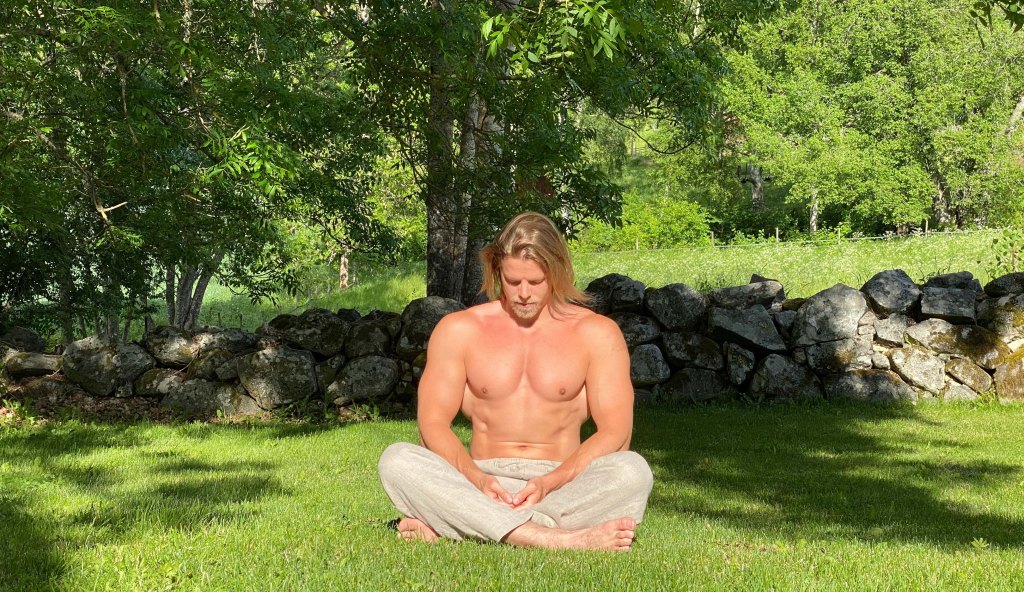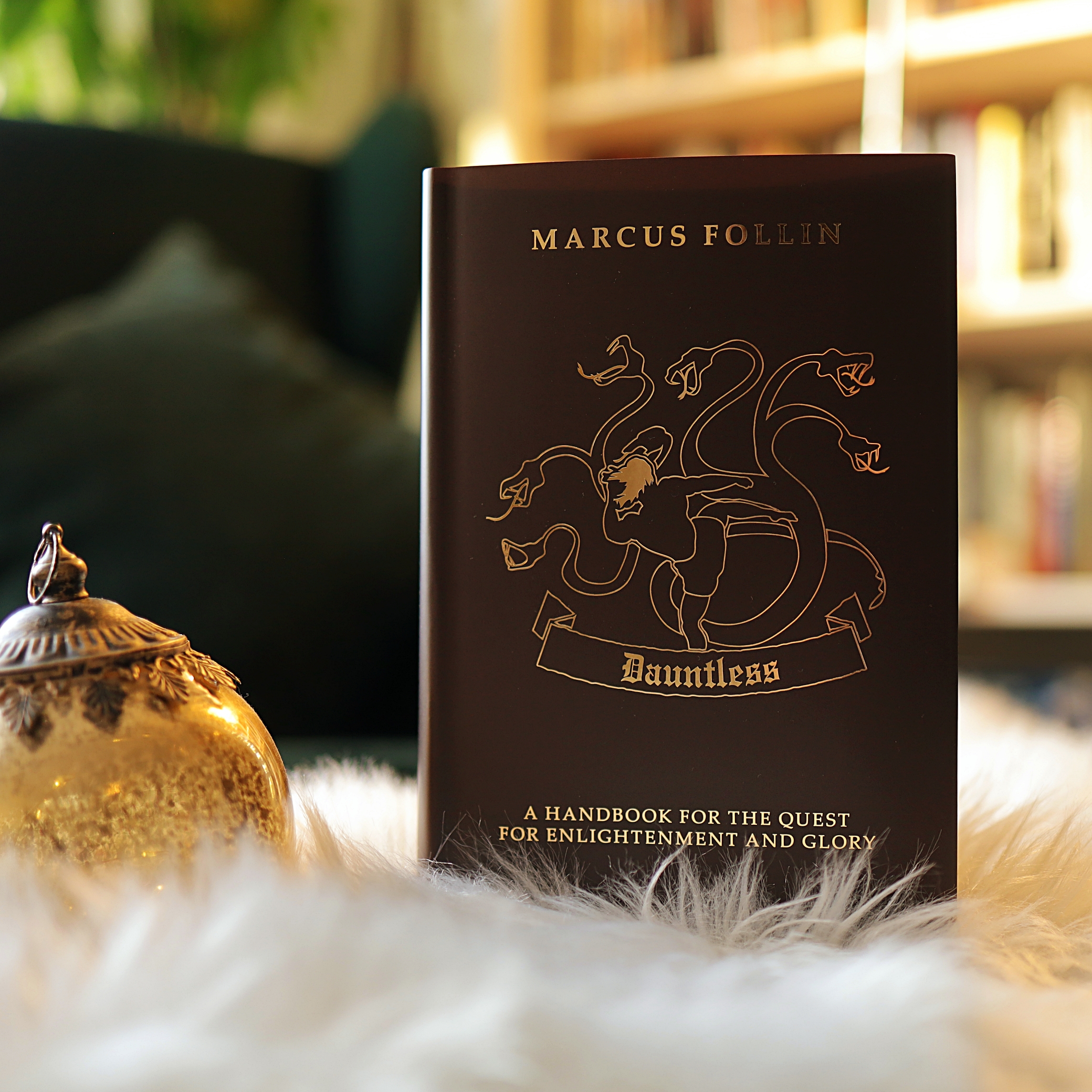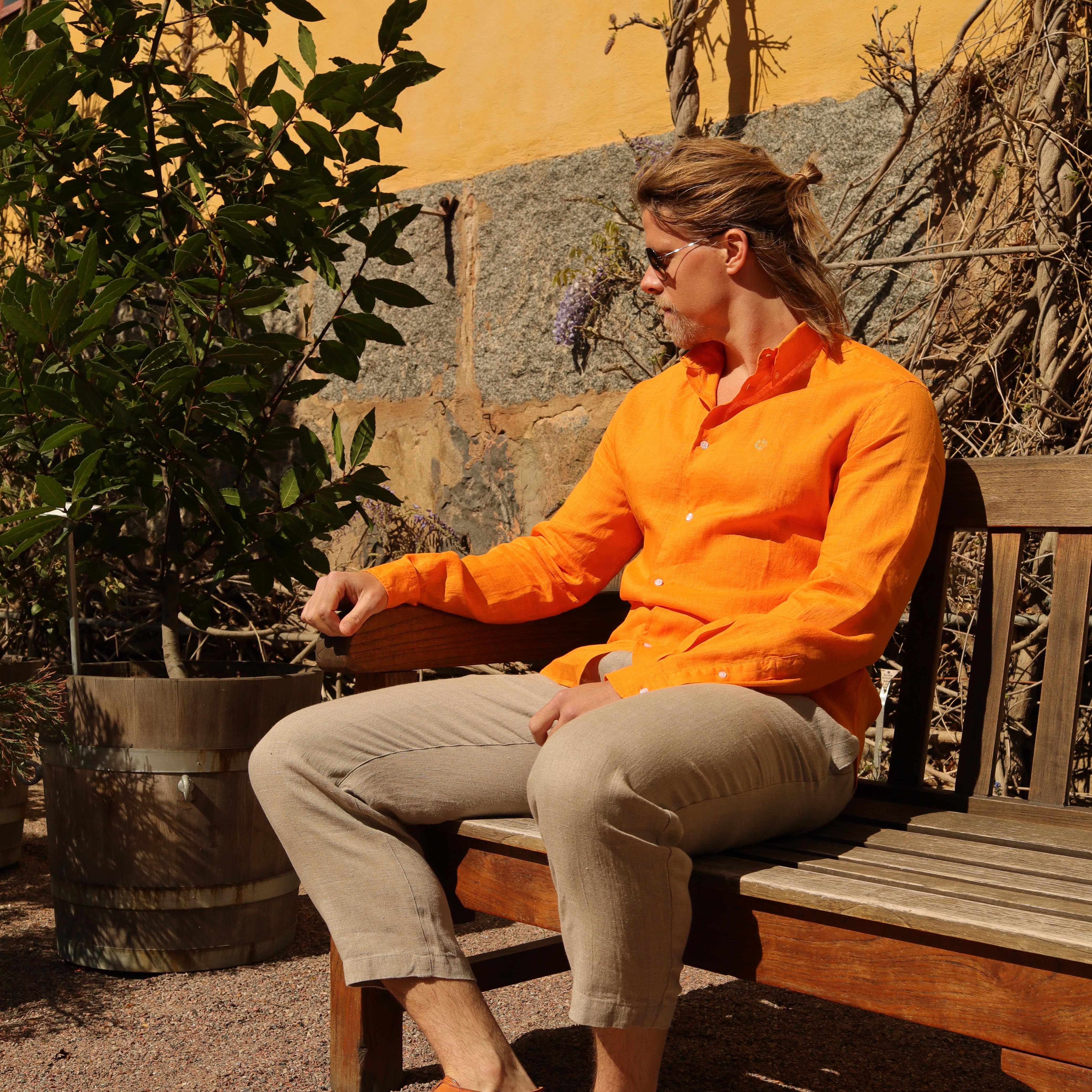Rumi’s Four Essential Practices by Will Johnson

I have read Rumi’s Four Essential Practices – Ecstatic Body, Awakened Soul by Will Johnson. As the title of the book suggests, the author shares the teachings and poetry of the legendary Sufi mystic Rumi. The author introduces him thus:
‘Rumi doesn’t want you to remain calm and tranquil. He wants you to come alive, explode open, and become over-the-top drunk on the divine energies that live inside you.’
Will Johnson – Rumi’s Four Essential Practices. Page 4.
Good stuff! The four essential practices are: eating lightly, breathing deeply, moving freely, gazing raptly. In the introduction, the author notes that Rumi’s message is clear – that a change in psychology stems from a change in physiology. This, I wholeheartedly agree with. It is common to encounter religious teachings which do not place any particular emphasis on the body – I always approach those teachings with caution.
Eating Lightly – Fasting
The first practice, eating lightly – and fasting in particular – will be familiar to most of my readers. Fasting is great for a wide variety of reasons. I mainly do it to cleanse the body (via autophagy). If you have a hard time fasting, you can keep the following words that appear in the book in mind:
‘When you are fasting,
Rumi
You are the guest of God,
And are served the meal of Heaven.’
Speaking of which, I am fasting as as I compose this review. My standard 24-hour fast looks as follows: Butter + Coconut Coffee in the morning (like all mornings), then nothing to eat during the day. The next intake of calories is the same coffee the morning after. The recipe of the coffee looks like this: Golden Coffee Company gourmet coffee, one teaspoon of coconut oil, and half a teaspoon of butter (during winter I use a full teaspoon of butter). Pictured below: Said coffee.

Breathing Deeply
This will (most likely) also be familiar territory for most of my esteemed readers. There is a lot to be said about breathing. I found the following words insightful and useful – something to try during your next meditation!
‘As you breathe in, breathe into the felt awareness of your entire body. As you breathe out, feel your whole body exhaling.
As you breathe in, let yourself feel every single cell in your body.
As you breathe out, let yourself dissolve and merge into the outer world.
Feel your gratitude for being alive, for having life given to you so freely each and every moment in the air you breathe.Gratitude towards the world is the natural feeling state of someone in love.’
Rumi
Pictured below: Yours Truly feeling gratitude towards the world.

Moving Freely and Gazing Raptly
The teaching of moving freely can take its expression in the whirling dervish dance (the tradition originates with Rumi). In one poem, Rumi encourages the reader to learn to dance from the branches of the trees – i.e. just letting the divine energy take hold and go with the flow. Gazing raptly refers to a mystico-magical technique that can be explained as follows: Sit or lie comfortably with your friend, look into his/her eyes and relax (the gaze should not be focused but unfocused like when sun gazing). I have yet to try this technique so I cannot comment further on the matter, but perhaps I will try the technique at some stage.

Conclusion
The book has 153 pages and most of those contain quite little text (as they are made up of poems), so the book can be read quite quickly. The poetry is beautiful – appreciated reading for a Sensitive Poet such as myself! I would say this is a good introductory book to Rumi. I enjoyed reading it in the sun. Onwards!














You must be logged in to post a comment.